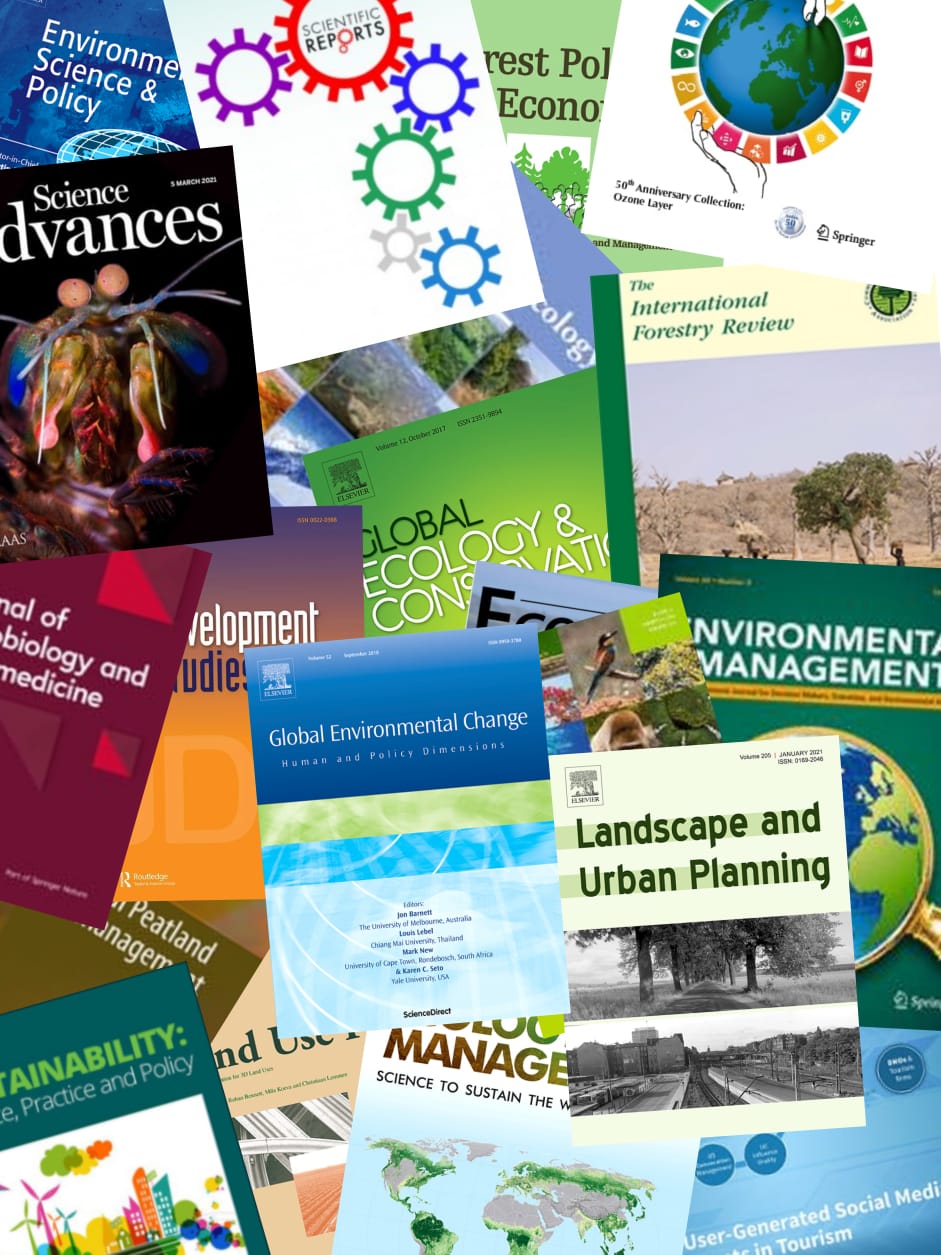
Share this
Vietnam, in the ongoing transition to market economies, has to cope with high rural poverty and a dramatic process of forest loss and environment degradation, particularly in the mountainous regions. The government considers rural poverty as the main cause of environment degradation, associated with slash-and-burn cultivation and to an unclear definition of property rights on forest land. In 1993, the government launched a Forest Land Allocation programme aiming to lease forest lands to individual households and, on this basis, to solve food security problems, halt the increasing environment degradation and preserve the remaining forests. To evaluate the results of this land reform policy, two upland pilot communes have been intensively monitored. The environmental and economic impacts of the forest land reform allocation in the two study areas are presented, after providing a background on the Vietnamese situation of mountain zones. On the basis of these findings, it is discussed as to whether the current forest land allocation process may actually promote local development and natural resources conservation, and under what conditions. Deforestation problems must be tackled also with new macroeconomic policies (e.g. credit programmes to support sustainable agriculture practices) and social policy (e.g. reduction of demographic pressure), together with the reform of the State institutions (e.g. State Forest Enterprises) involved in management of the forest areas. © 2001 Kluwer Academic Publishers.

